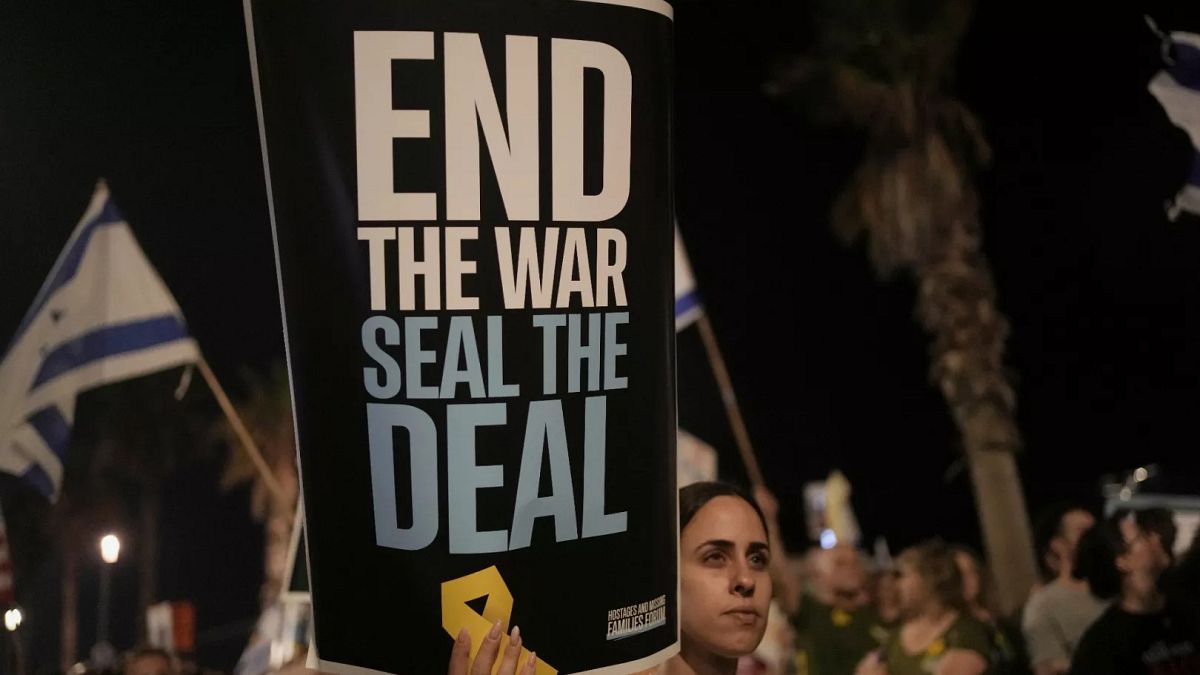

In recent developments on the global stage, concerted efforts in different regions have seen both continued dialogues and heightened tensions. This highlights the intricate and varied nature of international relations and the challenges in reaching peaceful resolutions.
The situation between Israel and Hamas remains complex, as weeks of ceasefire discussions in Qatar aimed at quelling the long-standing tensions have yielded only modest progress. Israeli Prime Minister Benjamin Netanyahu has indicated that alternative approaches are being considered as they seek to advance the peace talks. The hope for a breakthrough remains elusive, keeping stakeholders engaged in a delicate diplomatic balancing act.
Meanwhile, the nuclear discussion between Iran and the E3 nations—comprising France, Germany, and the United Kingdom—continues to navigate its own set of challenges. Recent talks in Istanbul concluded without a decisive agreement, prompting a commitment from all parties to return to the negotiating table. The E3 nations, while open to continuing discussions, have reiterated the option of employing the “snapback” mechanism should Iran fail to comply with international expectations concerning its nuclear activities. This mechanism serves as a deterrent, aiming to maintain alignment with the International Atomic Energy Agency’s standards and prevent further escalation.
In Southeast Asia, the border conflict between Thailand and Cambodia has resulted in severe disruptions, with cross-border clashes intensifying over recent days. Reports indicate that tens of thousands have been displaced as the conflict spread to multiple locations along the disputed border. Notably, Thailand has initiated the evacuation of over 130,000 civilians to ensure their safety amidst the growing confrontations.
In a move toward de-escalation, both countries’ leaderships have been urged to engage in dialogue, though progress has been slow due to mutual accusations of initiating hostilities. Despite offers from nations such as the United States, China, and Malaysia to mediate, Thailand has shown a preference for a bilateral approach to conflict resolution, avoiding third-party interventions at this time.
Furthermore, the death toll from the clashes has steadily increased, creating an increased urgency for effective diplomatic efforts to prevent a full-scale crisis. The incidents reflect the deep-rooted nature of territorial disputes that occasionally flare up into larger confrontations, posing significant challenges for regional stability.
As the international community watches these situations closely, the underlying issues highlight the importance of sustained diplomatic engagement. Finding common ground through peaceful negotiation remains the ultimate goal, one that requires patience, understanding, and a commitment to mutual respect among all parties involved. As the world navigates these complex situations, the road to peace demands both perseverance in dialogue and attentiveness to the underlying humanitarian needs affected by these conflicts.
Source: {link}
